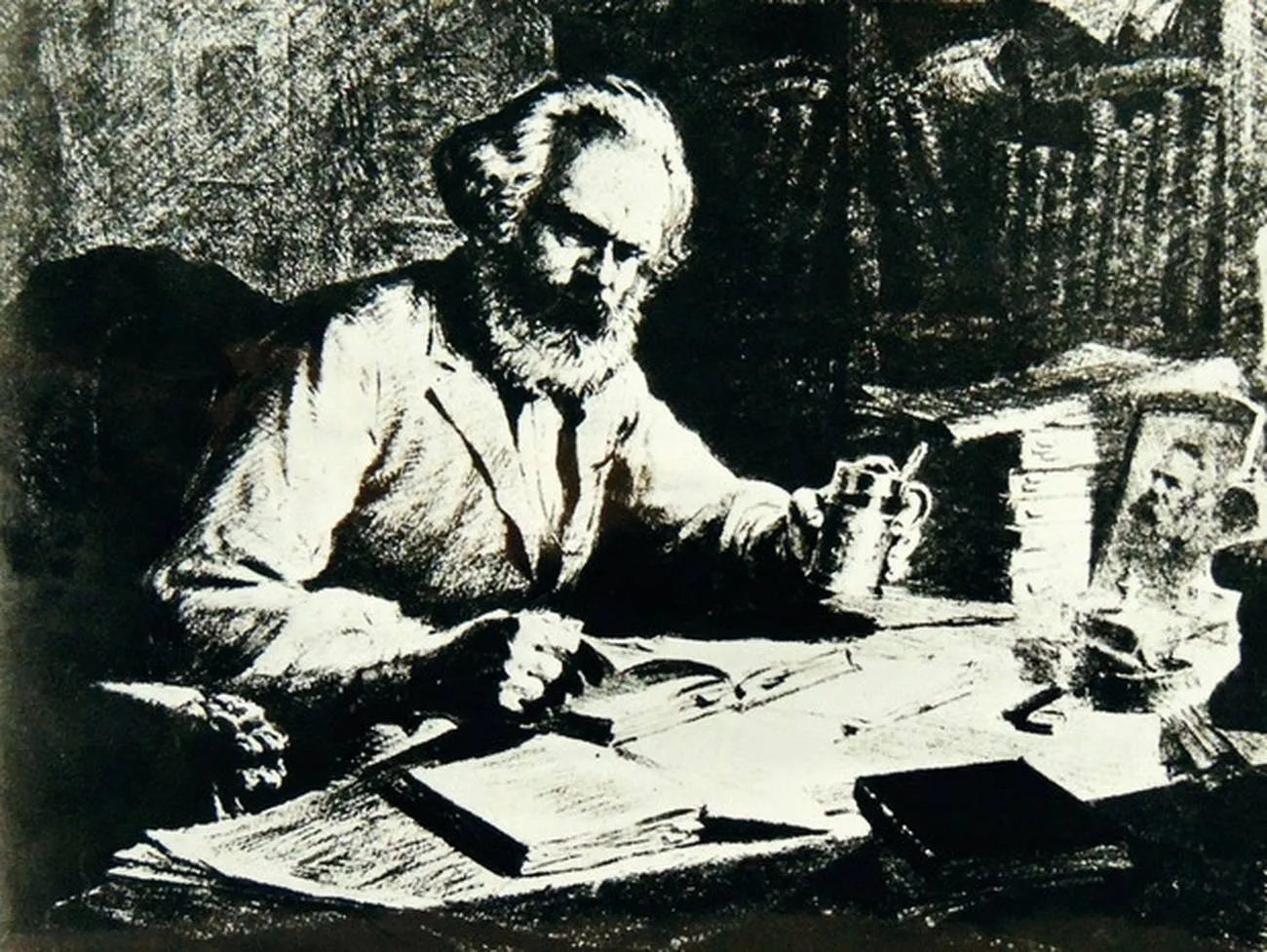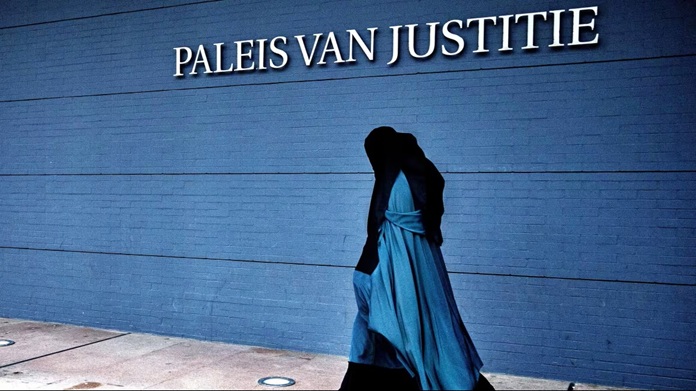
I attended an online discussion once about German science fiction, something I’ve been interested in finding out about for quite some time now. (“SF in East Germany: An Overview and Focus on Johanna and Günter Braun”, Tucson Hard-Science SF Channel, 7 September 2024).
By Emad Aysha
Turns out the East Germans were 'formidable' writers, so here’s my little contribution to discerning the typology of science fiction in West Germany. And all by reviewing a single solitary movie, Terminus (1987)!
To be fair, it’s a German-French production, but that in itself is very indicative of the things holding back sci-fi in Germany. Making movies is expensive, and how can you ever hope to compete with Hollywood? East Germany was a bit luckier, with minor classics like Eolomea (1972), which took half the Warsaw Pact countries to produce.

SCI-FI CITIZEN: Cox Habbema, the star of the very East German 'Eolomea' was actually from the West... capitalist Holland.
Terminus, wouldn’t you know it, is in English. The story is complicated, and that’s putting it mildly, but you have a truck with a driver and an AI assistant on board that are driving through hostile terrain, apparently as part of a game in some post-apocalyptic world.
The boy inventor in charge of the game is a clone, the genetic experiment of a group of scientists secretly trying to overthrow the world government. The leading scientist in charge is played by Jürgen Prochnow, who in turn plays two other people, so clearly, the scientists and some of their operatives are clones themselves.
In the process, the initial truck driver, played by Karen Allen, gets killed by some warlords terrorising their region, and the job of completing the game falls to a political prisoner she encounters and falls in love with – the supercool actor Johnny Hallyday. (Actually, a French rock star who looks uncannily German, even without the bleached hair).
It turns out the game is a ruse, devised by the boy genius to track down his long-lost cloned sister, another captive in the warlord zone. The boy convinced his cloners to design this game to teach him to be ruthless and stamp out any residual humanity in his genes.
It didn’t work; his filial love for his sister conquered their diabolical plans. The boy, in turn, was a test run for a larger plan to produce super soldiers, cloned to be mindless killers and an infinitely renewable resource.
There are lots of positives to this movie, even at the purely artistic level. Despite its Mad Max premise, it’s very stylish, with a cyberpunk feel. The countryside is lush and green, with very distinctly German housing.
It is noticeable that the warlords are dressed up like old WWII German soldiers and live in old palaces and mansions, probably dating from the olden days when Germany wasn’t a single country but scattered principalities fighting each other.
The warlords prey on the peasants and that’s how the hero got nabbed, with his hand smashed and replaced with a metal replica. He’s still more of a man than they are and can beat them in physical contests, but his ordeal has taught me to be introspective and love life to the fullest. And when he does defeat them, he does that by outsmarting them.
As bad as it is, the post-apocalyptic world is quite cosmopolitan, so there’s no ethnic exclusivity. And the whole subplot or master plot about the cloned supersoldiers is clearly harking back to the ordeal of Nazism and their half-assed breeding experiments.
Not to mention that there is a clear commitment to global citizenship since the bad guys are trying to take down the world government or the United Nations. However, you phrase it. Germans need to be global citizens, the message seems to be.

FACE OF THE FUTURE: The very masculine AI on the truck, called Monster, was actually played by a woman - Louise Vincent. Seems even in computerland genes are malleable.
There’s lots of historical baggage there, and it’s nice that they could weave it into a funky movie with a sense of humour, nice action pieces, and attractive and sympathetic characters. The science on display is pretty cool and ahead of its time, too.
When it comes to the game, you feel like you’re watching reality TV, with GPS and satellite imaging to boot. The AI is also a great example of technological anticipation, with self-driving cars, electronic maps, and, interestingly, neutral nets.
There’s no central microprocessor in the truck but an orb with wiring that networks and processes data. So, German science fiction has lots of potential in terms of future terrains, technologies, and themes.
It’s a real shame there isn’t more of it out there. The only globally well-known SF director from Germany is good old Roland Emmerich, famous for Noah’s Ark. Even though the characters are Americans, that movie seems to have been dubbed in German.
If you stop to think about it, Emmerich is quite a good indie movie director. In his early days, he did serious movies without overemphasizing spectacle or cheesy plots or lackluster characters. And for what it’s worth, I liked Moon 44 (1990).
There are German themes there, too, with excess militarism up against nerdy science geeks, along with people trying to free themselves from the system. Corporations, in this case, with the good guys being as prisoners as the convicts, get to fight against the robot drones.
Again, Germany has so much to give the sci-fi world. West Germany, in this case. Hopefully, the changing cost ratios of CGI and European movie collaborations will counter Hollywood’s hegemony.
And maybe even get Emmerich back on Noah’s Ark, before the Hollywood gang drown him!
Author’s Note
This article is dedicated to the memory of Forry Ackerman, a pioneer of global sci-fi studies. Sonja Fritzsche and Gerry Canavan were the two speakers at the aforementioned event. Special thanks also go to Gloria McMillan and Jörg Matthias Determann.







Cet article est vraiment intéressant ! En te lisant, moi qui suis très loin de la science fiction je me rapproche de plus en plus de ce domaine que je ne connais pas bien. Merci, je vais donc de découverte en découverte.